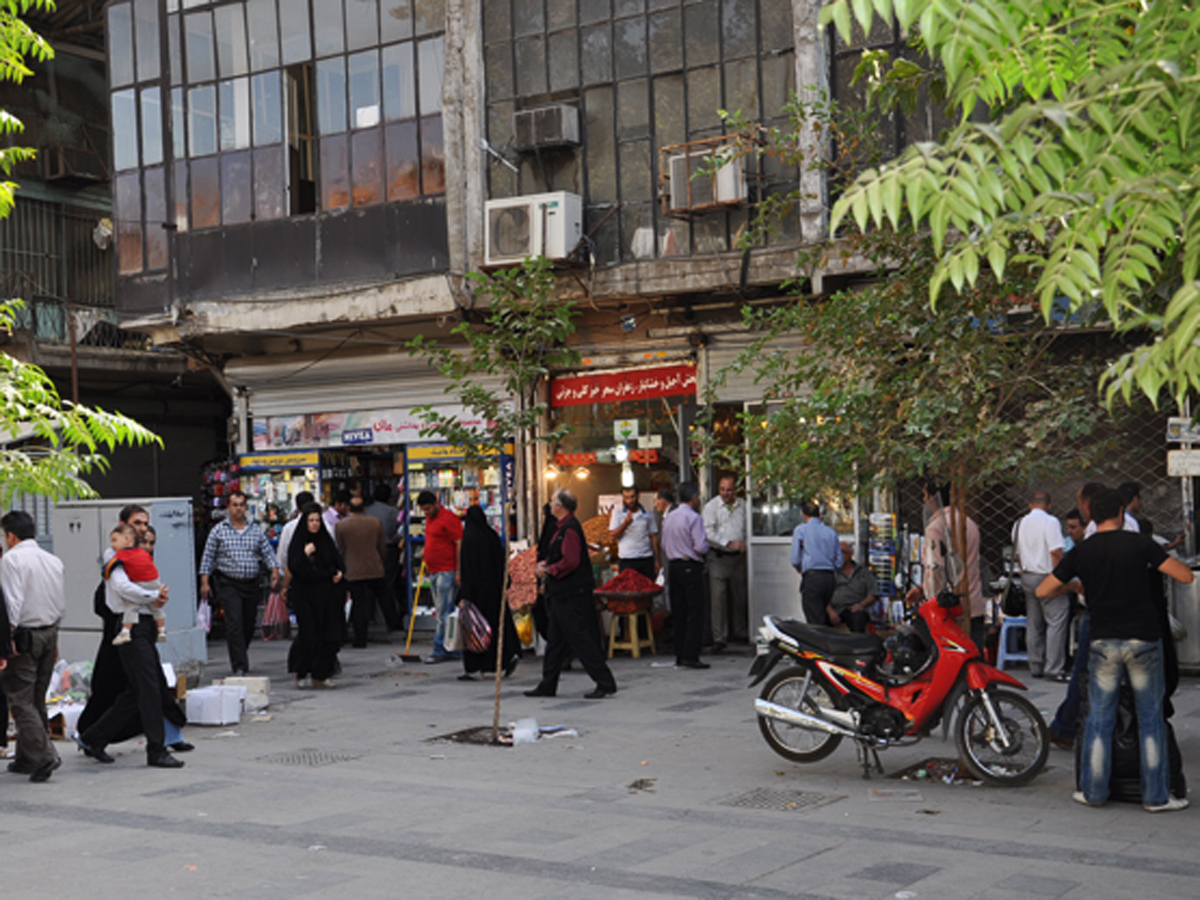Baku, Azerbaijan, Dec. 9
By Azer Ahmadbayli – Trend:
The peoples of the Soviet Union treated policy of support for the “progressive forces” in their struggle for “liberation from shackles of imperialism” in Angola, Mozambique, Nicaragua, etc. with a mixed sense of sarcasm and black humor.
People cared really little if communism triumphs in some African or Latin American country or not, despite the daily brainwashing on TV and in press. Most people clearly realized that support of the Soviet leadership for those regimes was not sincere, but was just a means of propaganda and political confrontation between the USSR and the USA.
Many people were discontented that they had to buy basic foodstuffs by means of special restrictive coupons, while the Soviet government spent billions of dollars to support those revolutionary regimes. But they could not express their dissatisfaction aloud. This would mean going against the policy of the ruling Communist party, and could have serious consequences, for example, loss of a job at best.
About 50 years have passed. Thanks to the internet and social networks in most cases it has become possible to quickly obtain necessary information about a particular event.
The leadership of the Islamic Republic of Iran has always supported Palestine and the Palestinians in their conflict with Israel. The support is sometimes stronger than that of the Arab countries.
President Trump’s recent Jerusalem decision caused a storm of criticism and discontent in many countries. In Iran, popular outcry took place calling for the Palestinians to launch a third Intifada against Israel.
The memories of historical developments in the Soviet Union and present-day events stirred my curiosity: what do ordinary Iranians think about the Palestinian issue? Do they share the views of their leadership?
.jpg)
“America played the role of a mediator between Israel and Palestine in all eras. [President Donald Trump] frankly says America is Israel. There is no real peace,” Ataollah Mohajerani, a former Iranian minister of culture and Islamic guidance, who now lives in exile in London, said in a Twitter post.
.jpg)
“You tweet against the racists and sexists. But you have no problems with the apartheid regime of Israel, why?” a Twitter user criticized those who refrain from criticizing Israel over the Palestine issue.
.jpg)
“They are older than the history of Israel. They have kept the keys of their homes with the hope that one day they will return home in the occupied territories.”
.jpg)
Sadegh Zibakalam, a well-known Iranian reformist-mind scholar, has described the existing discord among the Muslim nations as a main reason behind the failure of Palestine to protect its rights. He also criticized the Islamic Republic’s approach to the issue, saying Iranians are more interested in overcoming Saudi Arabia in political arena instead of resolving the issue of Palestine.
.jpg)
While user @soldier12th expressed support for Palestine saying “Muslims have two Qiblah [directions]. Kaaba for worship and Quds [Jerusalem] for martyrdom”, another user asked “so why you do not head to Quds to become a martyr?”
Following the 2009 post-election unrests in Iran, protestors criticized the Islamic Republic’s regional policies toward Palestine and Lebanon. “No to Gaza, no to Lebanon, my life for Iran” was a famous slogan chanted by people in the streets during the rallies.
Iranian society is diverse. As it comes from the posts, and as it became clear after conversations with Iranian tourists, who are now far more here in Baku than it was several years ago, there is a bouquet of opinions there.
There is a large group of people supporting, perhaps sincerely, Palestinians in the struggle for their rights. There is also another group that believes the Palestinian issue is nothing more than a tool of propaganda for Tehran to advance its political interests. There are also people saying Iranians should be first and after them all the rest may come.
It is noticeable that the Iranian leadership, as can be seen from this brief review, is more tolerant to views opposing its policy, rather than the Soviet leadership was. I don't know whether to attribute this progress to the internet and social networks once again, or to the loyalty of the Iranian authorities.






